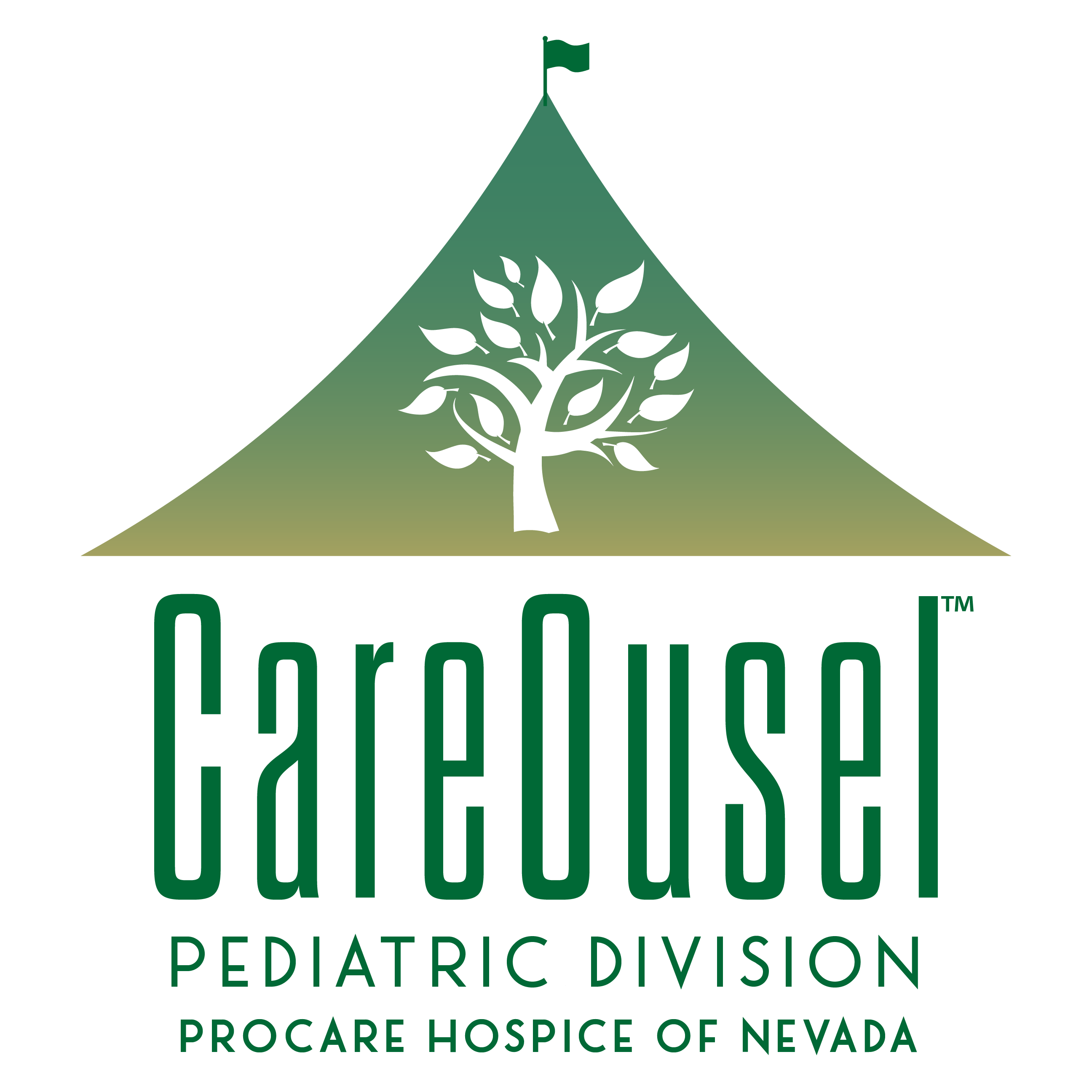Grief is a profound and complex emotion that arises from loss. It encompasses a range of emotional, physical, and psychological reactions, making it a deeply personal experience for each individual and can end up manifesting in various ways.
Table of Contents
- The Depths of Grief
- Coping Strategies
- Honoring Your Loved One in Las Vegas
- Professional Support
- Moving Forward
- FAQs
The Depths of Grief
Elisabeth Kübler-Ross introduced the well-known five stages of grief: denial, anger, bargaining, depression, and acceptance. However, it’s crucial to understand that grief doesn’t adhere strictly to these stages in a linear fashion. In Las Vegas, as elsewhere, individuals may move through these stages in different orders or revisit them multiple times before finding a sense of resolution.
Common Symptoms of Grief
The symptoms of grief can be both emotional and physical. Emotionally, individuals may experience profound sadness, guilt, anger, anxiety, or even numbness. Physically, grief can manifest as fatigue, insomnia, changes in appetite, or aches and pains. Additionally, cognitive symptoms such as difficulty concentrating or forgetfulness are common during the grieving process.
The Duration of Grief
The duration of grief can vary significantly from person to person. While some individuals may begin to feel better after several months, others may experience grief for years, especially if they’re unable to process their emotions effectively. Factors such as the nature of the loss, the individual’s support system, and their coping mechanisms can all influence the duration of grief.
Coping Strategies
Coping with grief requires a multifaceted approach that addresses both emotional and practical needs. Seeking support from friends, family members, or grief support groups in Las Vegas is essential. Talking about your feelings and sharing memories of your loved one can provide comfort and validation. Online communities and forums can also offer a sense of connection for those who may not have access to in-person support.
Self-Care Practices
Engaging in self-care practices is crucial for managing grief. Prioritizing activities such as exercise, proper nutrition, and sufficient sleep can help individuals maintain their physical and emotional well-being. Engaging in activities that bring joy or relaxation, such as hobbies or spending time in nature, can also provide a much-needed respite from the pain of loss.
Expressing Emotions
Expressing emotions openly and without judgment is vital. Whether through writing, art, music, or simply talking to trusted individuals, allowing oneself to experience and process a range of emotions can facilitate healing. Journaling, in particular, can be a valuable tool for individuals in Las Vegas to explore their thoughts and feelings in a safe and private space.
Setting Boundaries
Setting boundaries and managing expectations is essential for protecting one’s mental and emotional health while grieving. It’s okay to decline invitations or take a step back from social obligations if you’re not feeling up to it. Prioritizing activities and relationships that nourish and support your well-being is crucial during this challenging time.
Honoring Your Loved One
Honoring the memory of your loved one is an essential part of the grieving process. Creating rituals or traditions in their memory can provide a sense of connection and continuity. Lighting a candle, planting a tree, or participating in a charity event in their honor are all meaningful ways to keep their memory alive.
Sharing Memories
Sharing memories of your loved one with others can also be a source of comfort and solace. Hosting a memorial service or celebration of life allows friends and family members to come together to honor their legacy. Reflecting on cherished memories can help individuals feel connected to their loved one and find comfort in the shared experiences they’ve had together.
Continuing Bonds
Continuing bonds with your loved one after their passing is a natural and healthy part of the grieving process. Finding ways to maintain a connection with them through rituals, conversations, or acts of kindness can provide comfort and support. Trusting that the love you shared continues to exist beyond physical boundaries can sustain you through the grief journey.
Professional Support
Seeking professional help is a crucial step in coping with grief in Las Vegas. Therapists and counselors who specialize in grief and loss can provide invaluable support and guidance. Therapy offers a safe and confidential space for individuals to explore their emotions, gain insights into their grieving process, and develop coping strategies.
Support Groups
Joining a grief support group is another helpful resource for individuals who are struggling with loss. Connecting with others who are experiencing similar challenges can reduce feelings of isolation and loneliness. Sharing experiences in a supportive environment can foster healing and provide valuable perspective on the grief journey.
Hospice and Palliative Care Services
Hospice care services in Las Vegas are available to provide comprehensive support for individuals facing end-of-life issues and their families. These services include pain management, symptom control, and emotional support. At ProCare Hospice of Nevada, we also focus on enhancing the quality of life and providing comfort and dignity during the dying process, supporting both patients and their loved ones.
Moving Forward
Embracing change and finding a sense of purpose are essential for moving forward after loss in Las Vegas. Recognizing that grief is a transformative process that can lead to personal growth and resilience is crucial. Allowing oneself to adapt to the changes that come with loss and embracing new opportunities for self-discovery and renewal can facilitate healing.
Finding Meaning
Seeking out meaning and purpose in life, even amidst grief, is vital for finding hope and direction. Engaging in activities that align with one’s values and bring a sense of fulfillment, such as volunteering or pursuing creative passions, can provide a sense of purpose and meaning. Finding meaning in experiences of loss can help individuals navigate the complexities of grief and find hope for the future.
Practicing Gratitude
Practicing gratitude is a powerful tool for cultivating resilience and finding joy amidst pain. Cultivating gratitude for the blessings and support systems in life, even amidst loss, can shift one’s perspective and foster healing. Keeping a gratitude journal or simply taking a moment each day to reflect on the things to be thankful for can help individuals in Las Vegas find moments of peace and contentment amidst grief.
Seek Professional Help
Seeking professional help when needed is essential for individuals who are struggling to cope with grief. Therapists, counselors, and support groups can offer valuable guidance and support as individuals navigate the complexities of grief. Don’t hesitate to reach out for help if feeling overwhelmed or unable to cope on your own.
And remember, if you or a loved one are in need of support during the grieving process, ProCare Hospice of Nevada is here for you. Our compassionate team specializes in providing comfort and guidance for individuals and families navigating grief after hospice care. You don’t have to face this journey alone—reach out to us today to learn more!
FAQs
- How long does grief typically last?
Grief is a highly individualized process, and there’s no set timeline for how long it lasts. While some individuals may begin to feel better after several months, others may experience grief for years. Factors such as the nature of the loss, the individual’s support system, and their coping mechanisms can influence the duration of grief.
- Is it normal to feel angry during the grieving process?
Yes, it’s normal to experience a range of emotions during the grieving process, including anger. Grief can stir up intense feelings of frustration, resentment, or even rage, and it’s essential to allow oneself to express these emotions in healthy ways.
- How can I support a friend or family member who is grieving?
Offering empathy, validation, and practical support can be incredibly helpful for someone who is grieving. Simply being present, listening without judgment, and offering to help with daily tasks or errands can make a significant difference. Avoid minimizing their feelings or trying to offer solutions; instead, focus on providing a compassionate presence.
- Is it normal to experience physical symptoms during grief?
Yes, it’s common for grief to manifest not only as emotional distress but also as physical symptoms such as fatigue, insomnia, changes in appetite, or aches and pains. These symptoms are a natural response to the stress and emotional turmoil of grief and typically improve over time with self-care and support.
- When should I seek professional help for grief in Las Vegas?
If you’re struggling to cope with grief and finding it challenging to function in your daily life, it may be helpful to seek professional help. Therapists, counselors, and support groups can offer guidance, support, and practical tools to help you navigate the grieving process. Don’t hesitate to reach out for help if feeling overwhelmed or unable to cope on your own.



 Back To Top
Back To Top